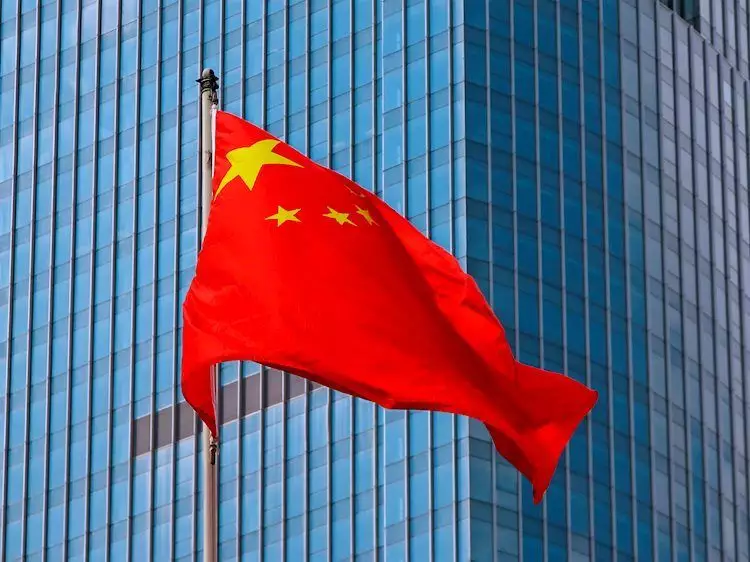The relationship between the Chinese economy and the Australian Dollar (AUD) is a complex and intricate one, with multiple factors influencing the value of the currency. In this article, we will delve into the various aspects of this relationship and how movements in the Chinese economy can impact the AUD.
The Services Purchasing Managers’ Index (PMI) in China is a crucial indicator of economic health, reflecting the performance of the service sector in the country. A slight easing to 52.5 in April, from 52.7 in March, indicates a minor slowdown in this sector. While this may not seem significant, any fluctuations in the Chinese economy can have a ripple effect on the Australian Dollar.
1. **Interest Rates**: The Reserve Bank of Australia (RBA) plays a key role in influencing the value of the AUD through setting interest rates. Higher interest rates compared to other major central banks can support the AUD, while lower rates may have the opposite effect.
2. **Iron Ore Prices**: As Australia’s largest export, the price of Iron Ore has a direct impact on the Australian Dollar. Higher prices tend to lift the value of the AUD, as demand for the currency increases.
3. **Chinese Economy**: China is Australia’s largest trading partner, so any changes in the Chinese economy can greatly influence the value of the AUD. When China is doing well, it boosts demand for Australian exports, strengthening the AUD.
4. **Trade Balance**: The Trade Balance, which is the difference between a country’s exports and imports, also plays a significant role in determining the value of the AUD. A positive balance can lead to an appreciation of the currency.
Apart from economic factors, market sentiment also plays a crucial role in shaping the value of the Australian Dollar. Investors’ risk appetite, whether they are inclined towards risk-on or risk-off assets, can impact the AUD. Positive sentiment, or risk-on behavior, is typically favorable for the AUD.
The relationship between the Chinese economy and the Australian Dollar is a complex interplay of various factors. From changes in the Services PMI to fluctuations in Iron Ore prices and market sentiment, the value of the AUD is intricately connected to developments in China. As investors closely monitor these factors, the dynamics between the two economies continue to shape the movement of the Australian Dollar.

